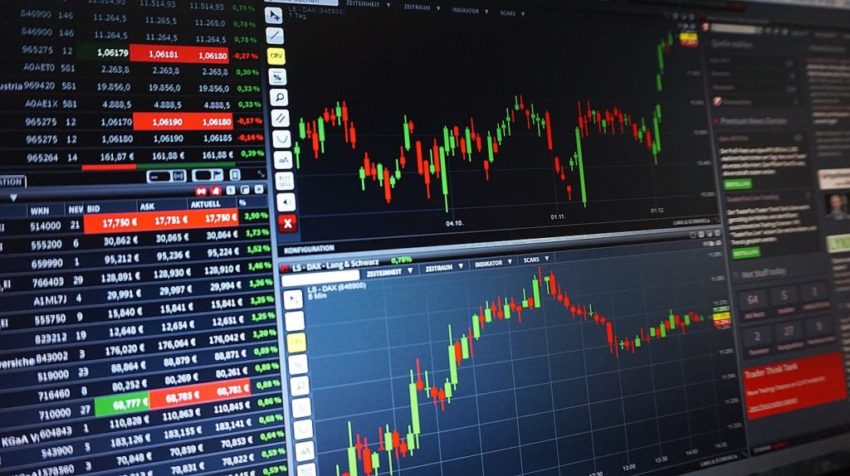For many Australians, shares are a bit of a mystery – something to be thought about only after a person has achieved financial stability and something to be acquired only following much deliberation and consultation with experienced professionals.
The reality, however, is that many people become shareholders in unexpected ways. You could have been given shares by an employer as a form of remuneration, you may have inherited shares as part of a deceased estate or perhaps you simply received them as part of the demutualisation of an organisation of which you were a paid member.
No matter how they came into your possession, they likely caused you to start asking questions. One of the most common questions asked by shareholders is what is the difference between Issuer sponsored and CHESS shares?
You may have heard both terms bandied around and are perhaps wondering how they relate to your particular share parcel. The simplest explanation is that there are two different ways that an investor can hold shares, and the two methods are generally referred to as Issuer sponsored and CHESS sponsored (also known as broker sponsored).
What Does It Mean If My Shares Are CHESS Sponsored?
Just to be clear, the term CHESS has nothing to do with the popular game – it is actually an anagram for the Clearing House Electronic Subregister System. This is an elaborate name for the computer system that is utilised by the Australian Securities Exchange (ASX) to track the sale of shares and handle the settlement of share trades.
When you own CHESS sponsored shares it means that they are held in a stockbroking account that is managed for you by a broker (hence ‘broker sponsored’ shares). Your broker will register you as an investor with CHESS and you will then be issued with a Holders Identification Number (HIN).
This HIN identifies the relationship between you and the broker so that any shares that they purchase on your behalf will be linked back to that HIN. If you then decide to sell these shares later, you will either need to use the same broker or your new broker will need to formally request that the original broker release the shares.
If you have inherited shares and you’re not sure whether they are CHESS sponsored, then look for a HIN on any Holding or Dividend statement. You’ll recognise the HIN because it is ten digits long and will begin with an ‘X’.
What Does It Mean If My Shares Are Issuer Sponsored?
If you have Issuer sponsored shares, then it means that the shares are sponsored by the company that first issued them, not a broker. The association between you and the Issuer will usually be managed by a third party share registry who will have their own electronic register that catalogues investors and their shareholdings. Issuer sponsored share parcels can still be sold through a broker so long as any agreed-upon terms are adhered to.
When you receive Issuer sponsored shares you will also receive a unique Security Reference Number (SRN). SRN numbers are generally ten or eleven digits long, will start with an ‘I’ and will be located on any correspondence you receive from the third party share registry.
It’s important to remember that each parcel of shares will have its own SRN, so if you own multiple Issuer sponsored share parcels with several different companies then you will have a different SRN for each one.
If you’ve misplaced the SRN for a parcel of shares you want to sell then you can either contact the share registry (who will post a copy to the registered address of the shareholder) or you can contact an online broker and ask them to complete an electronic SRN search on your behalf.


